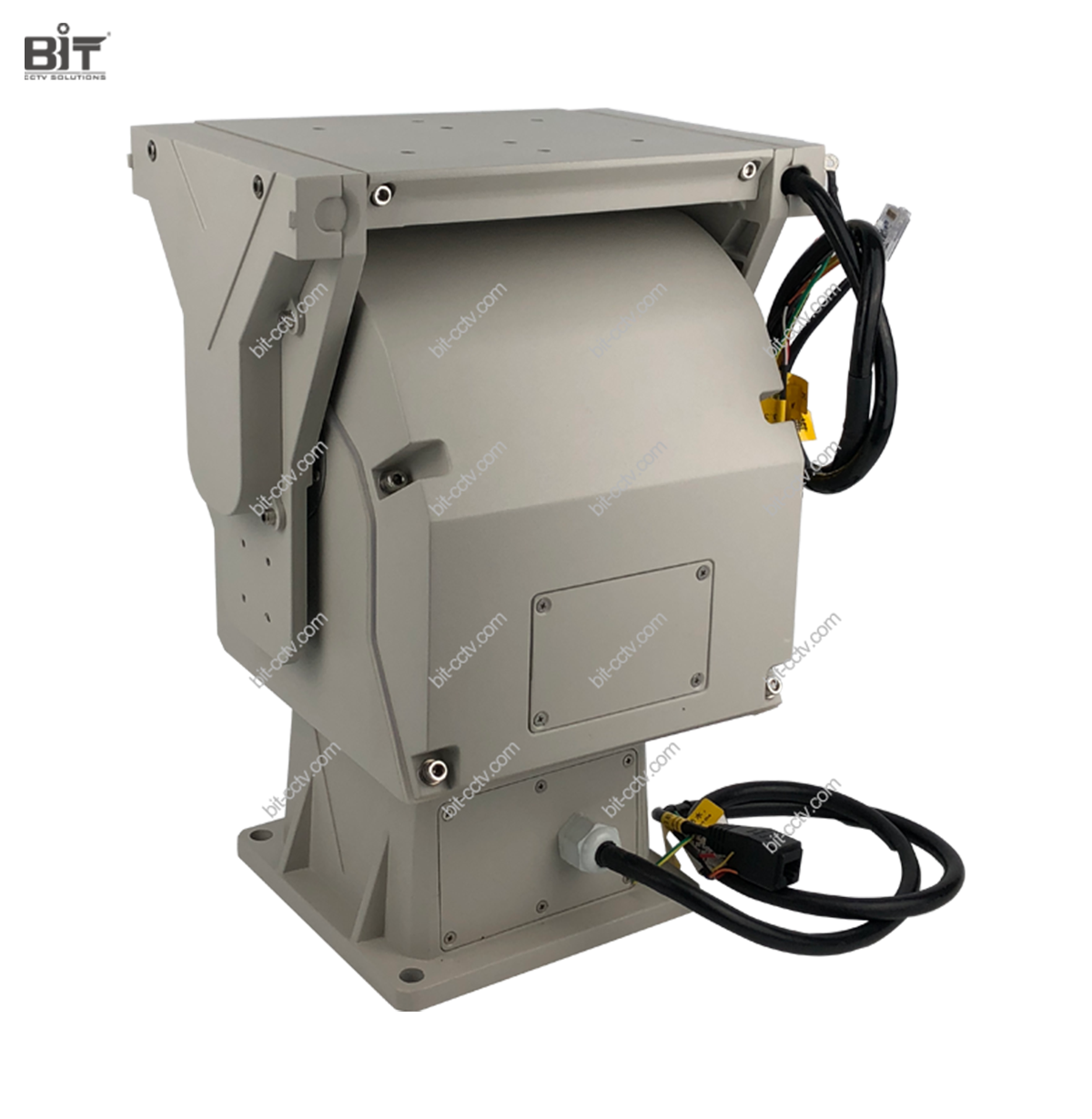
# Pan Tilt Unit Technology Overview
## Introduction to Pan Tilt Units
Pan Tilt Units (PTUs) are mechanical devices that provide two-axis rotational movement, typically consisting of a pan (horizontal) axis and a tilt (vertical) axis. These systems are widely used in various applications that require precise positioning and tracking capabilities.
## Key Components of PTUs
A typical pan tilt unit consists of several essential components:
– Base platform
– Pan axis motor and drive mechanism
– Tilt axis motor and drive mechanism
– Control electronics
– Position feedback sensors
– Communication interface
## Types of Pan Tilt Units
### 1. Motorized PTUs
These units use electric motors (servo, stepper, or DC) for precise positioning and are commonly found in surveillance and industrial applications.
### 2. Manual PTUs
Operated by hand, these simpler units are often used in photography and temporary installations where motorized control isn’t necessary.
### 3. Heavy-Duty PTUs
Designed for rugged environments, these units can support heavier payloads and withstand harsh conditions.
## Applications of Pan Tilt Technology
Pan tilt units serve numerous industries and purposes:
– Surveillance and security systems
– Camera positioning in film and broadcasting
– Robotic vision systems
– Laser targeting and pointing
– Astronomical telescope mounts
– Industrial inspection systems
## Technical Specifications to Consider
When selecting a pan tilt unit, several technical parameters should be evaluated:
– Rotation range (pan and tilt degrees)
– Maximum speed and acceleration
– Payload capacity
– Positioning accuracy and repeatability
– Environmental protection rating
– Power requirements
Keyword: pan tilt unit
– Communication protocols
## Control Methods
Modern PTUs can be controlled through various methods:
– Serial communication (RS-232, RS-485)
– Ethernet and network protocols
– Wireless control (Wi-Fi, Bluetooth)
– Analog control signals
– Digital I/O interfaces
## Future Trends in PTU Technology
The pan tilt unit market continues to evolve with several emerging trends:
– Integration with AI and machine vision
– Improved energy efficiency
– Miniaturization for compact applications
– Enhanced precision through better feedback systems
– Increased adoption of wireless control technologies
## Conclusion
Pan tilt units remain essential components in many technological systems, offering flexible and precise positioning capabilities. As technology advances, PTUs continue to become more sophisticated, reliable, and adaptable to a growing range of applications across multiple industries.